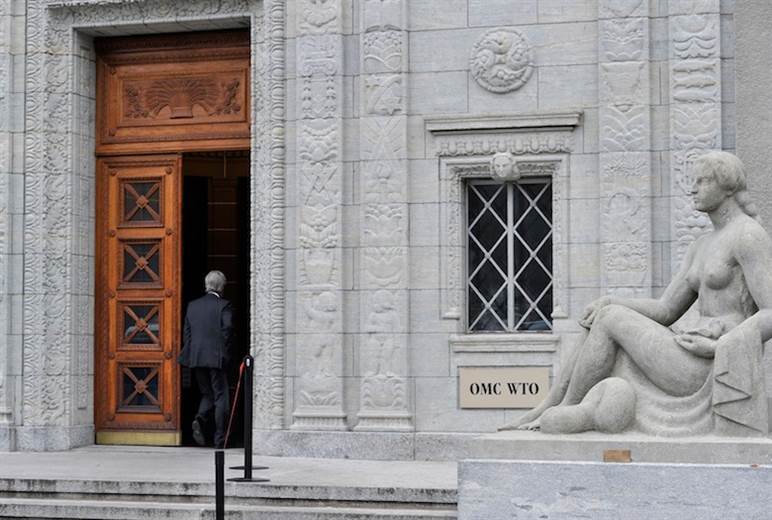The skies darken over US trade with Europe, Mexico and Canada
01/06/2018

Immediate reaction in Brussels was to say the European Commission will also seek redress at the World Trade Organisation (WTO). Pascal Lamy, a former European trade commissioner and former director general of the WTO said he found claims that imports of the metals from Europe were threatening US national security unconvincing. “I cannot believe any judge will accept that,” Mr Lamy told the BBC.
The news came through on May 31 when members of the global meat industry were meeting in Dallas for the 2018 World Meat Congress and will have come as a surprise to even the most senior representatives of Canada and Mexico at the event.
Mexico’s chief NAFTA negotiator and Canada’s top agricultural official both said earlier in the day that their countries remain committed to completing a programme of NAFTA renegotiations, which began in August 2017, no matter how long that effort may take. It remains to be seen what impact the steel and aluminium tariff announcement will make on their positions and what the implications might be for trade in other important goods, including cars and meat.
Kenneth Smith, who heads NAFTA negotiations on behalf of the Mexican ministry of the economy, said at the congress that the “modernisation” of NAFTA is already 70% or 75% complete. “Tougher issues, such as automotive rules of origin, are being discussed at the ministerial level. We continue negotiating. We have made specific proposals on automotive and we are waiting to hear back from the US.”
For his part, Canada’s minister of agriculture and agri-food, Lawrence MacAulay, said re-evaluating NAFTA is nothing new because the three countries have already done that more than 12 times since the agreement first came into force in 1994. “What we want to see happen is what I think most US farmers want. I have been in the US quite a number of times and I have not met anyone who doesn’t say NAFTA is vitally important to the agricultural sector.” He said the negotiations were about “coming up with a deal that’s even better”.
All of this became more difficult with the steel and aluminium announcement.











